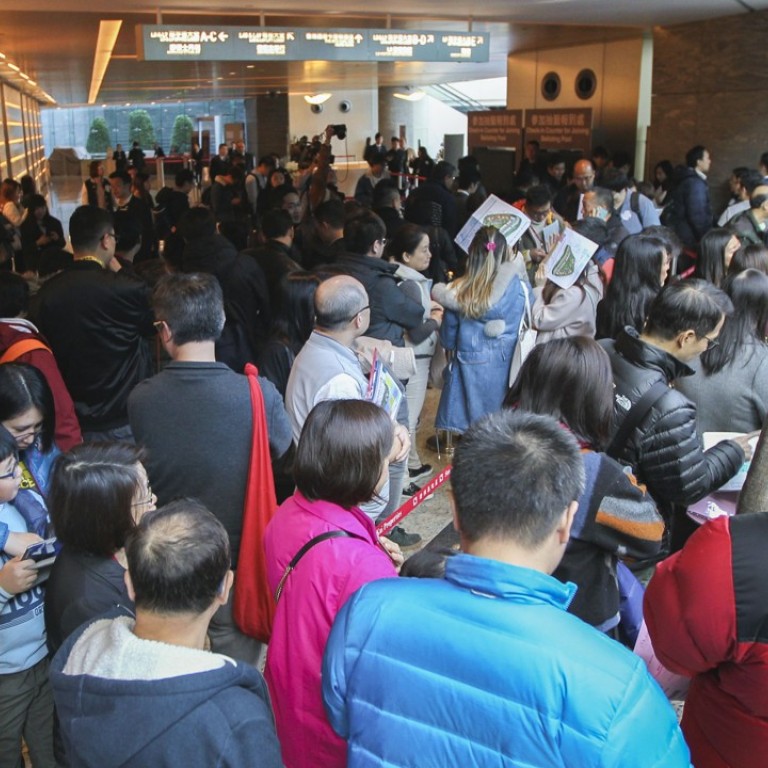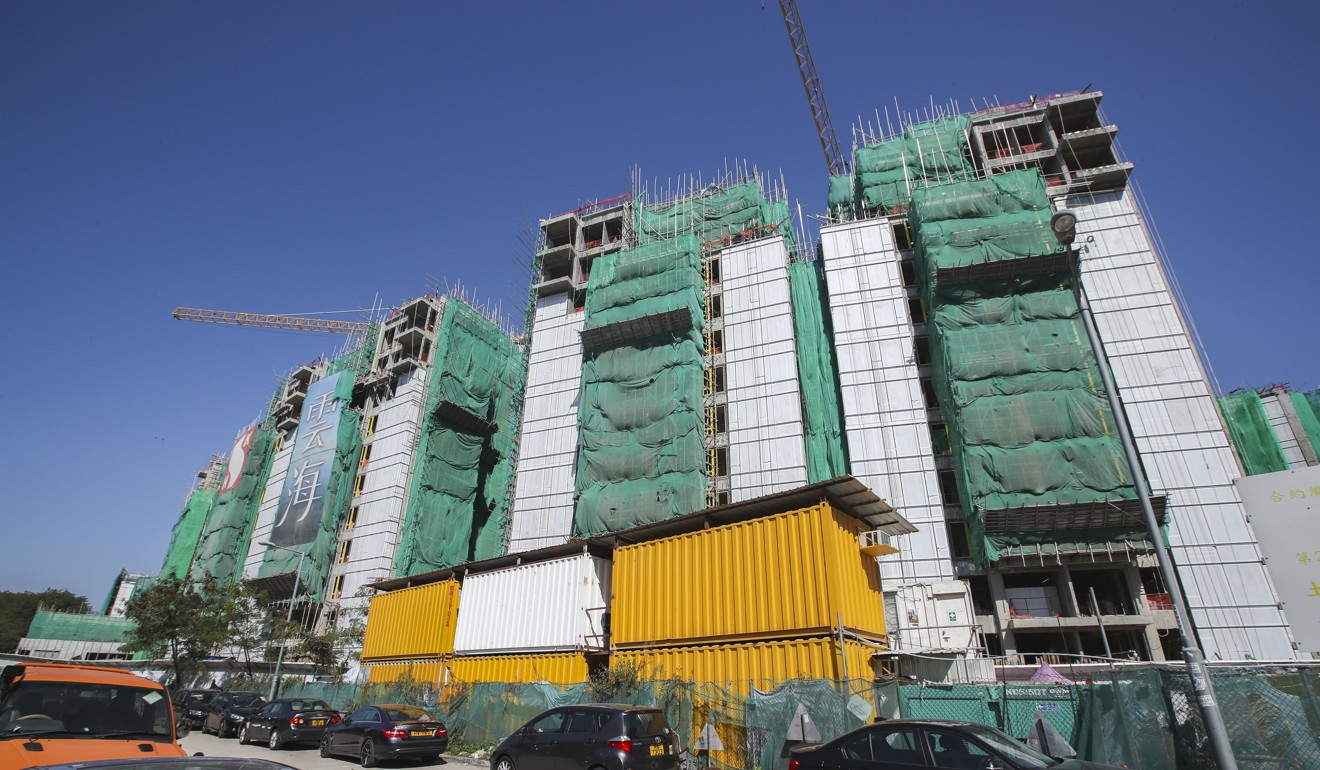
Time to upgrade as Hong Kong’s new property stamp duty rule kicks in
Hong Kong’s recently announced tax relaxation will attract more property buyers and encourage upgrades in the primary market, reviving sales in the ailing pre-owned residential sector, according to analysts.
Homeowners now get 12 months of holding period before they’re subject to a 15 per cent stamp duty, double the earlier six-month period, according to an amendment bill passed last Thursday by Hong Kong lawmakers. The amendment is designed to help upgraders buy new homes before selling their existing dwelling.
“Secondary market transactions shrank as a result of the cooling measures imposed by the government, and upgraders were hesitant about buying new homes before selling their current properties,” said CIMB property analyst Raymond Cheng.
If they failed to sell their existing homes within the grace period, they were subject to the 15 per cent stamp duty, he said.
“The extended grace period will stimulate upgrade demand and improve the turnover,” he said.
“We believe this relaxation will help more single-home owners [in the secondary market] realise the appreciation in home value, where the property was previously considered a ‘dead asset’. Part of the new money will also enter the primary market,” Cheng said.
The tax covered non-first-time individuals and corporate buyers. The government then allowed the buyers of second homes to obtain a full rebate if they managed to sell their first flat within six months.
A month after the new tax took place, the number of residential transactions in the secondary residential market declined by 31 per cent to 3,259 – according to data from the Land Registry.

Still, the number of transactions reached 4,178 in December 2017, or 7.7 per cent below the 4,525 recorded in October 2106 before the tax became effective.
“We believe the secondary market will see a slightly greater benefit than the primary market as the impact is bigger,” said Cheng.
He said he did not expect the increase in secondary transactions to be negative for the primary market.
Derek Chan, head of research at Ricacorp Properties, expects the number of pre-owned homes on the market to increase 5 to 10 per cent.
“It will help to increase flat supply,” he said, referring to the stamp duty amendment.

